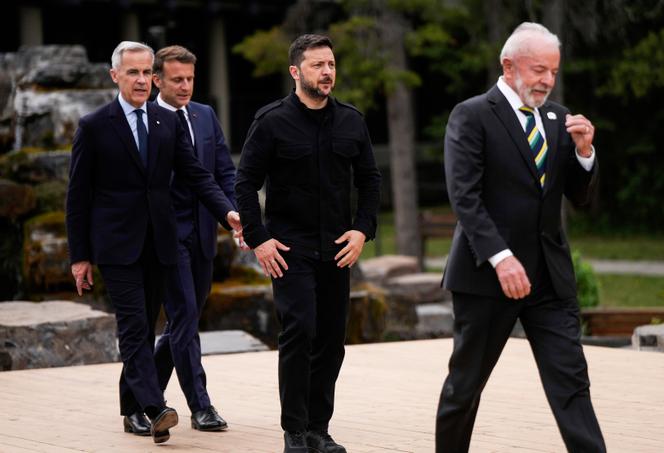


"Disappointment." For several years, Western diplomats have repeatedly used this word to describe Luiz Inacio Lula da Silva's position on the international stage. It has appeared in the English-language press, from Foreign Affairs to The Economist, and even made the front page of Libération in Paris in June 2023. The reason lies in the increasingly fraught relationship between the Brazilian president and his traditional allies, especially over the war in Ukraine.
The dispute came into full view as early as May 2022, six months before the left-wing leader was re-elected as head of state. In an interview with Time magazine, Lula criticized Volodymyr Zelensky, whom he considered just "as responsible" for the conflict as Russian president Vladimir Putin. With barely disguised contempt, he referred to the Ukrainian president's background in entertainment: "We should be having a serious conversation: 'OK, you were a nice comedian. But let us not make war for you to show up on TV.'"
Since then, Lula has neither retracted nor apologized, suggesting Kyiv should give up Crimea and accusing Western countries of "encouraging the war." "I said what needed to be said at the right time," he told Le Monde in an interview in June. The final declaration of the BRICS summit of emerging economies, held July 6-7 in Rio de Janeiro, carefully avoided condemning the invasion of Ukraine, criticizing only Kyiv's strikes on Russian regions. This clear stance bore the Brazilian president's signature.
You have 72.7% of this article left to read. The rest is for subscribers only.
